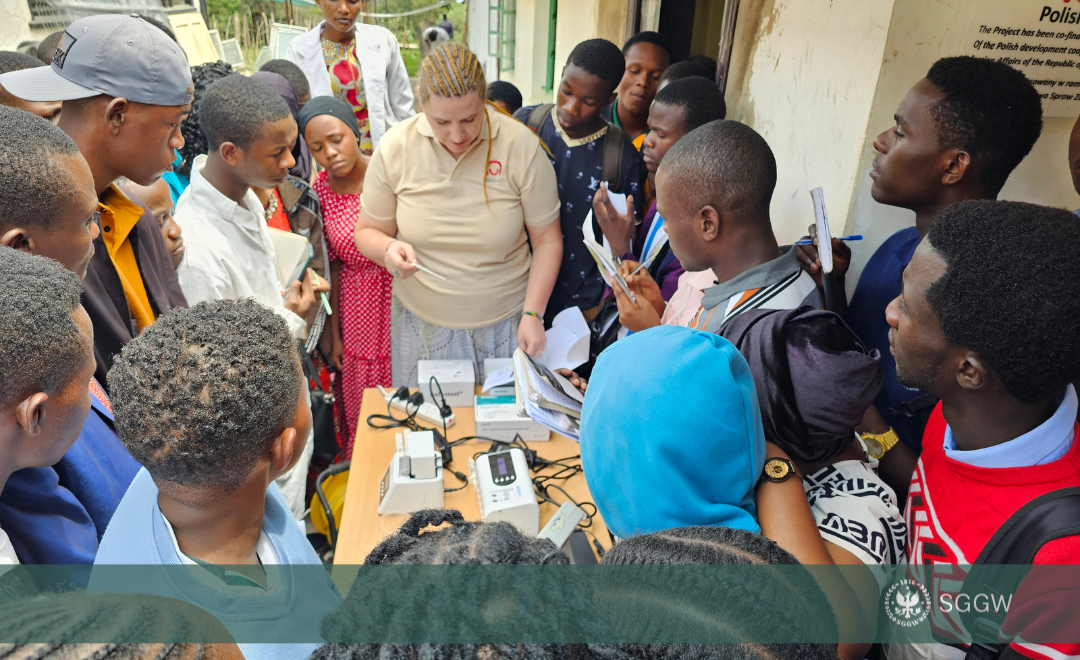Engaging SGGW in the Implementation of the 2030 Agenda Goals: SDG4 and the Project in Tanzania

Universities play a key role in advancing the UN’s Agenda 2030, especially SDG4 – Quality Education, which focuses on inclusive, equitable learning and lifelong opportunities. SGGW supports this goal by providing high-quality education in life sciences, fostering critical thinking, creativity, and practical knowledge. The university also promotes inclusion and equity through policies aiding underrepresented and disadvantaged groups.
Understanding the partners’ needs, SGGW gets involved in capacity-building and development projects as a part of global collaboration. SGGW has collaborated with higher education institutions, schools, and other educational entities for years to improve teaching quality and educational leadership by training educators and administrators. This is how SGGW contributes to the broader education ecosystem’s capacity to deliver quality education.
2024 was another year of SGGW activity in this field. To achieve Goal 4 (SGD4- Education Quality), the university supported the Foundation Science for Development (FNdR) , realizing the project entitled “Improving the quality of youth training in dairy processing in Tanzania by improving teaching conditions – establishment of a Center of Excellence.” The project is implemented under the Ministry of Foreign Affairs Polish Aid program. The beneficiary of the project is the Livestock Training Agency (LITA) in Tengeru, Tanzania. The Foundation assumed responsibility for the extensive task of renovating and equipping the beneficiary’s barn and laboratory facilities. Scientists from the Institute of Veterinary Medicine at SGGW (Dr. Joanna Zarzyńska & Dr. Blanka Orłowska), as part of Module 1 of the project, have prepared materials and training for the teachers and technical staff at LITA. The training addressed the topics of dairy herd welfare, milking hygiene, and the safety and hygiene of raw milk and dairy products to prepare high standards of milk procurement and production. Lecture classes, exercises, and practical workshops were held in diagnostic laboratories previously equipped by Polish Aid on the LITA Tengeru campus and in the “dairy unit.” In the following stages of the project (2025-2026), SGGW scientists will be involved in training in technology and evaluation of dairy products and the basics of marketing, which is intended to improve skills in selling manufactured products.
The implementation of the projects proves SGGW’s engagement in embedding the principles of inclusivity, quality of education, and accessibility regionally and globally. SGGW’s educational mission is also to act as a transformative agent for a sustainable future worldwide.